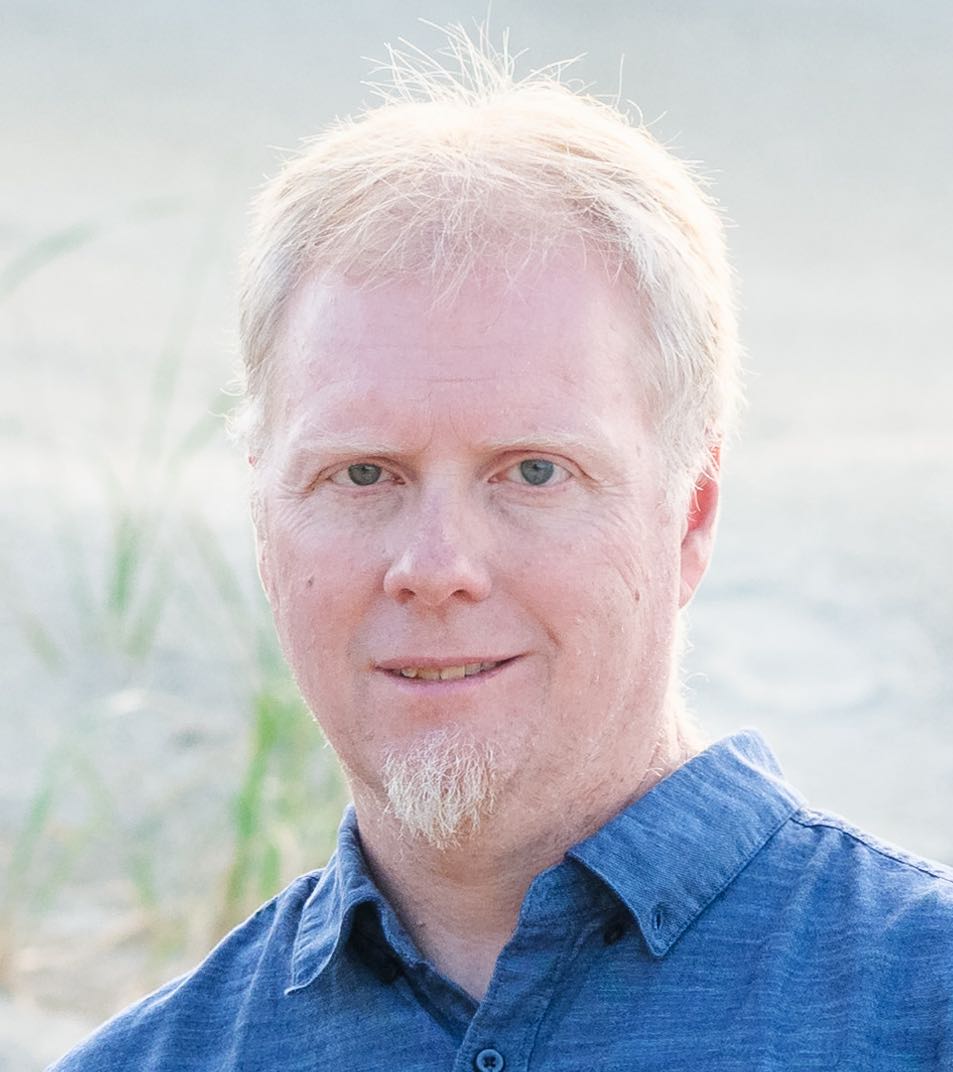 |
Matt Sargent. On Understanding the Internet via Edge Measurement, Doctoral Dissertation, Case Western Reserve University, August 2015.
PDF | Defense Slides
Abstract:
The design philosophy of the Internet enables the transmission
of packets between “smart” network edges via a “dumb” middle, or
core portion of the network. Core networks are ultimately
responsible for the single task of routing packets between hosts
that are not physically connected. They do so by operating at
the network layer of the Open System Interconnection model
using the Internet Protocol. Routing requires no understanding
of what type of traffic is being transmitted, but only of where
a packet is ultimately destined. Whereas the core network’s
primary job is to correctly route packets, edge networks have
additional “smarts” as they contain myriad end point devices
each responsible for implementing network protocols and
applications. Common tasks like transmitting email, streaming
video, or visiting web pages must all be implemented by end
point devices. Thus, edge networks and the devices they contain
are largely responsible for the evolution of overall network
characteristics.
In this dissertation we examine several changes edge networks
have undergone recently and leverage empirical measurements to
understand how edge network evolution has affected various
network characteristics. We begin by studying traffic
characterization and connection performance on a residential
Fiber-To-The-Home network. We then shift our attention to the
Transmission Control Protocol (TCP) and how its performance has
been affected by a mismatch between the protocol specification
and packet round trip times on the modern network. Next, we
examine ways network applications drive sending patterns in TCP
connections and how these patterns affect overall TCP
performance. We conclude with two studies focusing on security
related topics for edge networks. First, we develop and test a
methodology that aims to broadly understand the port filtering
policies in place throughout the network through passive traffic
observation. Finally, we undertake a study of Internet Group
Management Protocol (IGMP) traffic characteristics and
demonstrate how IGMP traffic can be used to launch several
attacks from edge networks. The list of topics we tackle is by
no means exhaustive, but each topic does represent important
work that allows us to keep our understanding of edge network
behaviors up-to-date.
BibTeX:
@PhdThesis{Sar15,
author = "Matt Sargent",
title = "{On Understanding the Internet via Edge Measurement}",
school = "Case Western Reserve University",
year = 2015,
month = aug,
}
Papers from this thesis:
-
Matthew Sargent, John Kristoff, Vern Paxson, Mark Allman.
On the Potential Abuse of IGMP. ACM Computer
Communication Review, 47(1), January 2017.
Abstract | BibTeX | PDF | Review
-
Matthew Sargent, Jakub Czyz, Mark Allman, Michael Bailey.
On The Power and Limitations of Detecting Network
Filtering via Passive Observation, Passive and Active
Measurement Conference (PAM), March 2015.
Abstract | BibTeX | PDF | Matt's Slides
-
Matt Sargent, Mark Allman. Performance Within A
Fiber-To-The-Home Network, ACM SIGCOMM Computer
Communication Review, 44(3), July 2014.
Abstract | BibTeX | PDF | Review | Project
-
Matt Sargent, Ethan Blanton, Mark Allman.
Modern Application Layer Transmission Patterns from a Transport
Perspective, Passive and Active Measurement Conference, March
2014.
Abstract | BibTeX | PDF | Matt's Slides | Project
-
Matthew Sargent, Brian Stack, Tom Dooner, Mark Allman.
A First Look at 1 Gbps Fiber-To-The-Home Traffic}.
Technical Report 12-009, International Computer Science Institute,
August 2012.
Abstract | BibTeX | PDF | Project
-
Vern Paxson, Mark Allman, H.K. Jerry Chu, Matt Sargent.
Computing TCP's Retransmission Timer, June 2011.
RFC 6298.
Status: Standards Track, Obsoletes
RFC 2988.
Abstract | BibTeX | TXT | Errata
|
|
